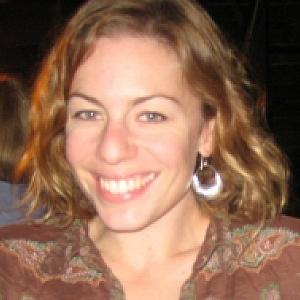
I'm a freelance writer located in Los Angeles. My work has appeared in the L.A. Times, the Jewish Journal of Greater Los Angeles and LAist.com, among other websites and newspapers.

I'm a freelance writer located in Los Angeles. My work has appeared in the L.A. Times, the Jewish Journal of Greater Los Angeles and LAist.com, among other websites and newspapers.
<p>For those who have followed the healthcare reform debate from inception to legislation, it often seemed as though there was more misinformation and fear-mongering circulating in the public domain than accurate details.</p> <p>And with Tuesday's election handing control of the House to Republicans, the divide over healthcare reform — which seems, at times, straight down party lines — will only get more pronounced, leading to the inevitable question: what will become of the healthcare reform bill before it takes effect in 2014?</p>
<p>At a conference like today's "Improving Health Literacy in Los Angeles," which focused on the sensitive issue of improving health literacy in some of Los Angeles' underserved communities, racial stereotypes should be a far-away concern.</p><p>But when the time came for tables of conference attendees to report back to the whole after doing a group interactive activity, it became clear that even the most well-meaning and forward-thinking health professionals have far to go.</p>
<p>The focus of today's conference, Improving Health Literacy in Los Angeles, was on ways in which medical providers can improve the community's understanding of health concerns and health care.</p><p>We are “focusing on expanding health literacy in L.A. and the western region,” said Ellen Iverson, an assistant professor of pediatrics at the USC Keck School of Medicine, who introduced the conference panelists.</p>
<p>For journalists, the topic of health care disparities — particularly in Los Angeles — is a familiar concept. Exploring the discrepencies in care between various socioeconimic and ethnic groups often leads down a road of dismal statistics and frustrating realities. </p><p>But what happens if we refocus our gaze away from the patients and onto the providers?</p>
<p>As one of the largest, most expansive cities in the country, Los Angeles faces huge challenges in getting out health-related messages that resonate with the city's myriad cultures. Lack of health literacy, or having trouble understanding either the benefits or the details of modern, often Western medicine, has ripple effects, including patients being less likely to seek preventive care and more likely to use hospital emergency rooms for routine medical care. </p>